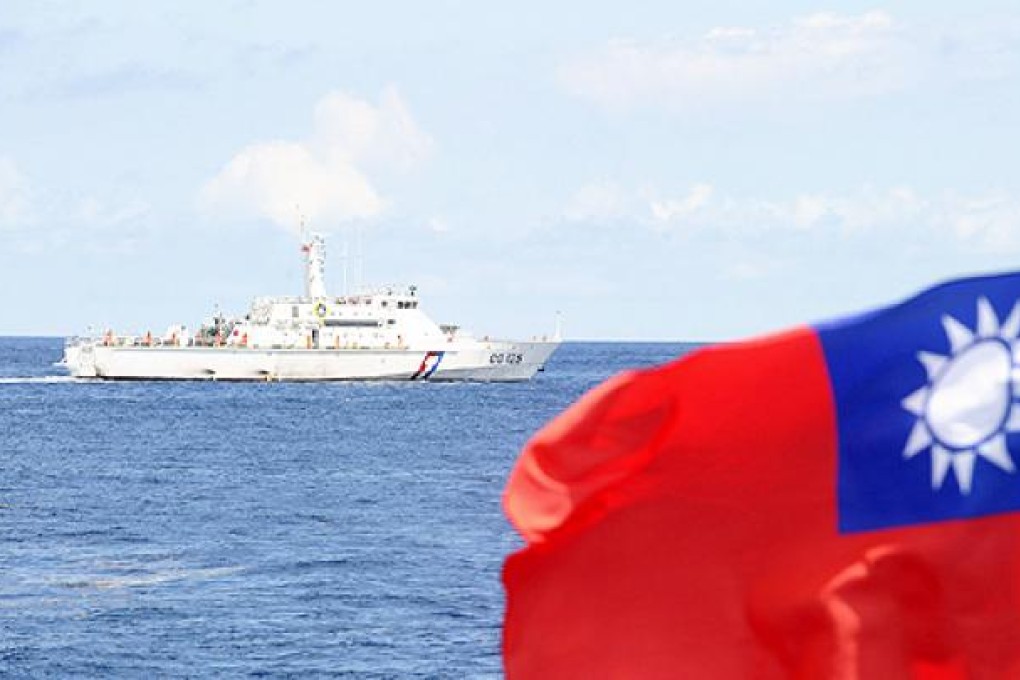Taiwan would 'expel' mainland trawlers under Japan fishing deal
After signing fishing-rights accord with Tokyo, Taipei warns coastguard will protect its zone

Taiwan's fishery authorities say they would kick out mainland trawlers caught in areas covered under a new Taipei-Tokyo fishing-rights accord reached on Wednesday.
Maritime and cross-strait experts said Japan successfully used the fishing deal to prevent Taipei and Beijing joining together to defend their sovereignty claims over the disputed Diaoyu Islands, now controlled by the Japanese, in the East China Sea.
When asked on Wednesday by journalists in Taipei what Taiwan's coastguard would do if it were to encounter mainland fishing vessels in the waters designated under the fishing deal, the minister of Taiwan's Coast Guard Administration, Wang Jin-wang, said the vessels "will be expelled".
"All other vessels entering the territorial waters of the Diaoyus will be expelled according to the law," Wang was quoted by the as saying.
The agreement assured Taiwanese vessels an intervention-free fishing zone in waters between latitude 27 degrees north and the Sakishima Islands in Okinawa Prefecture, and gave Taiwan an additional fishing zone of 1,400 square nautical miles outside Taiwan's temporary enforcement line, according to Taiwan's Foreign Ministry.
But the deal is believed to have been deliberately worded to avoid applying to waters within 12 nautical miles of the Diaoyus, which Japan calls the Senkakus. Tokyo, Taipei and Beijing all claim this territory zone.